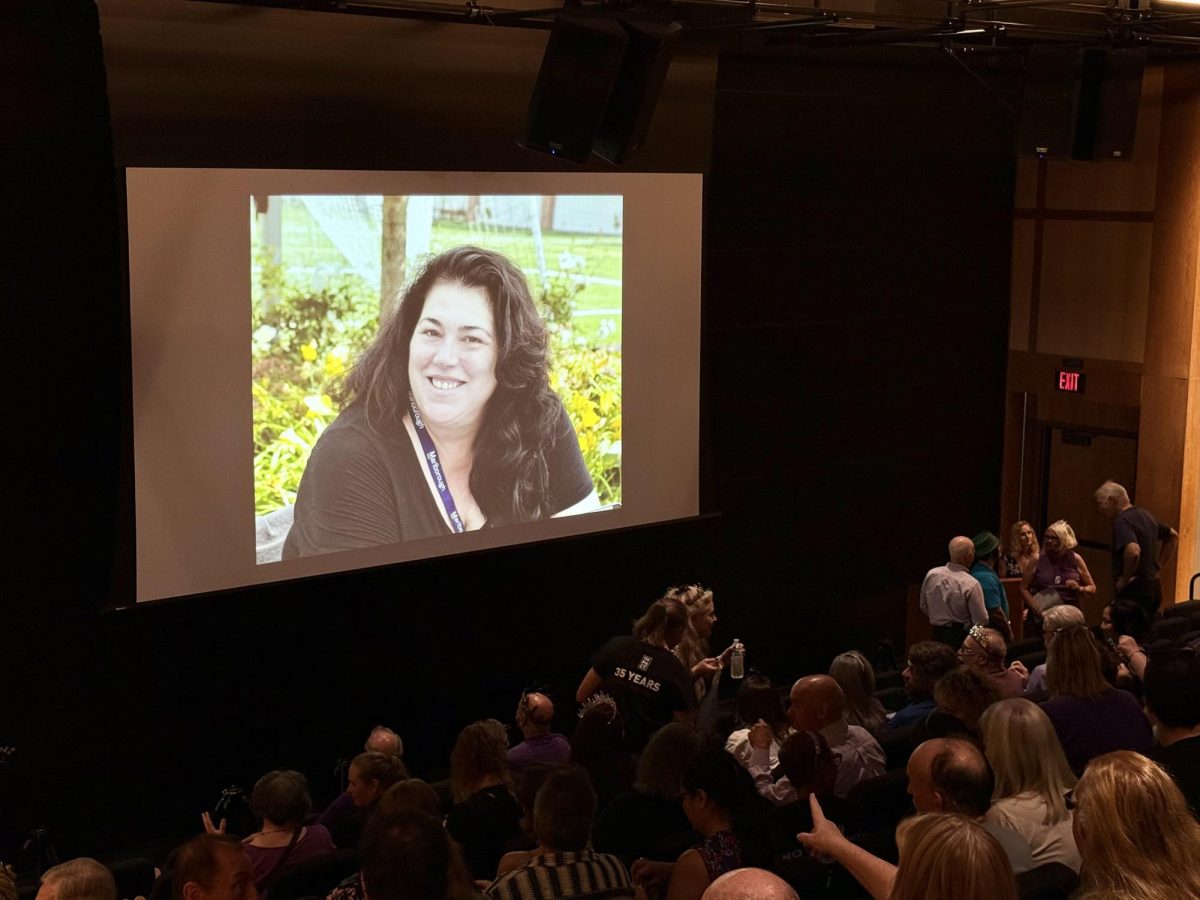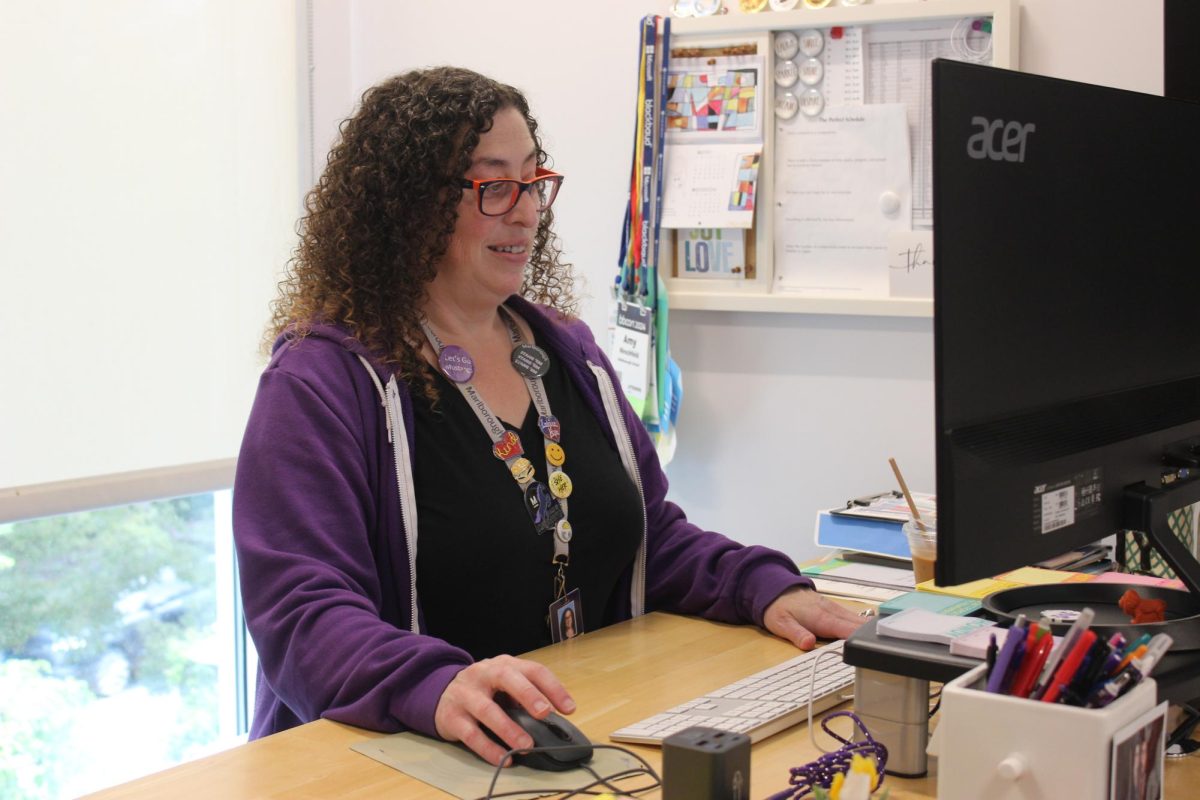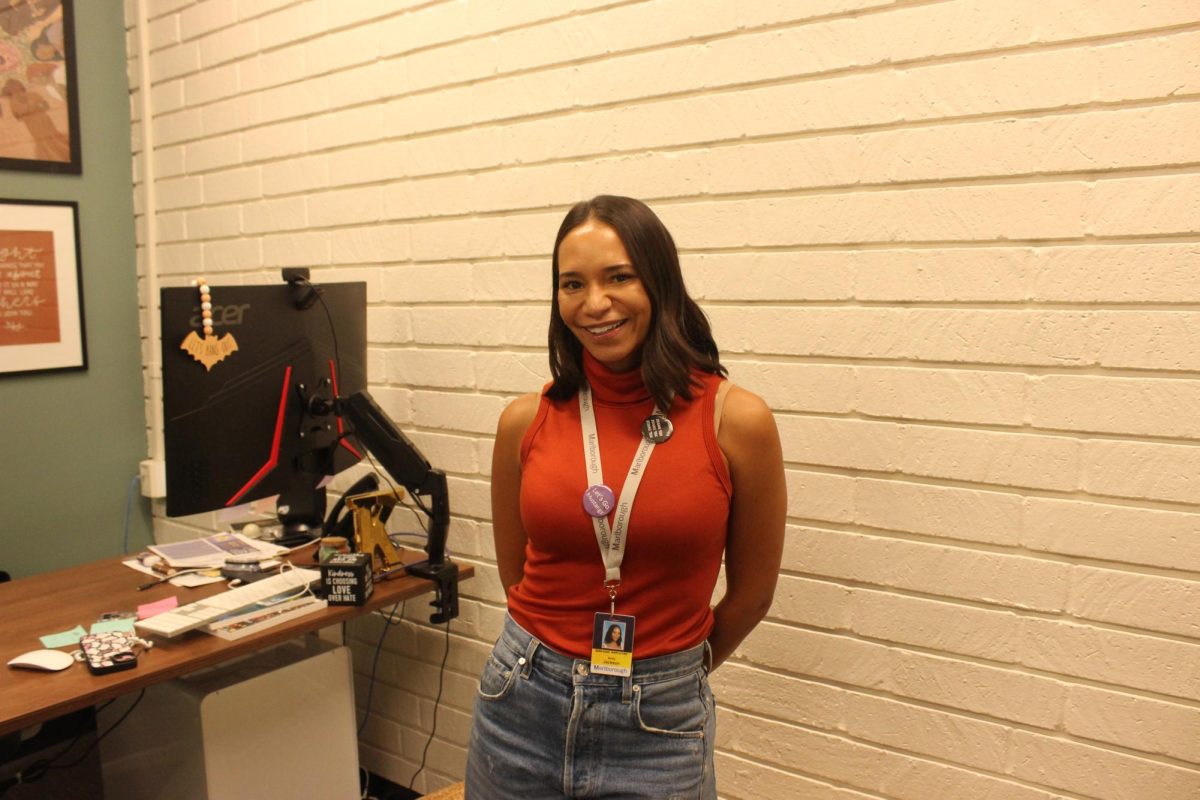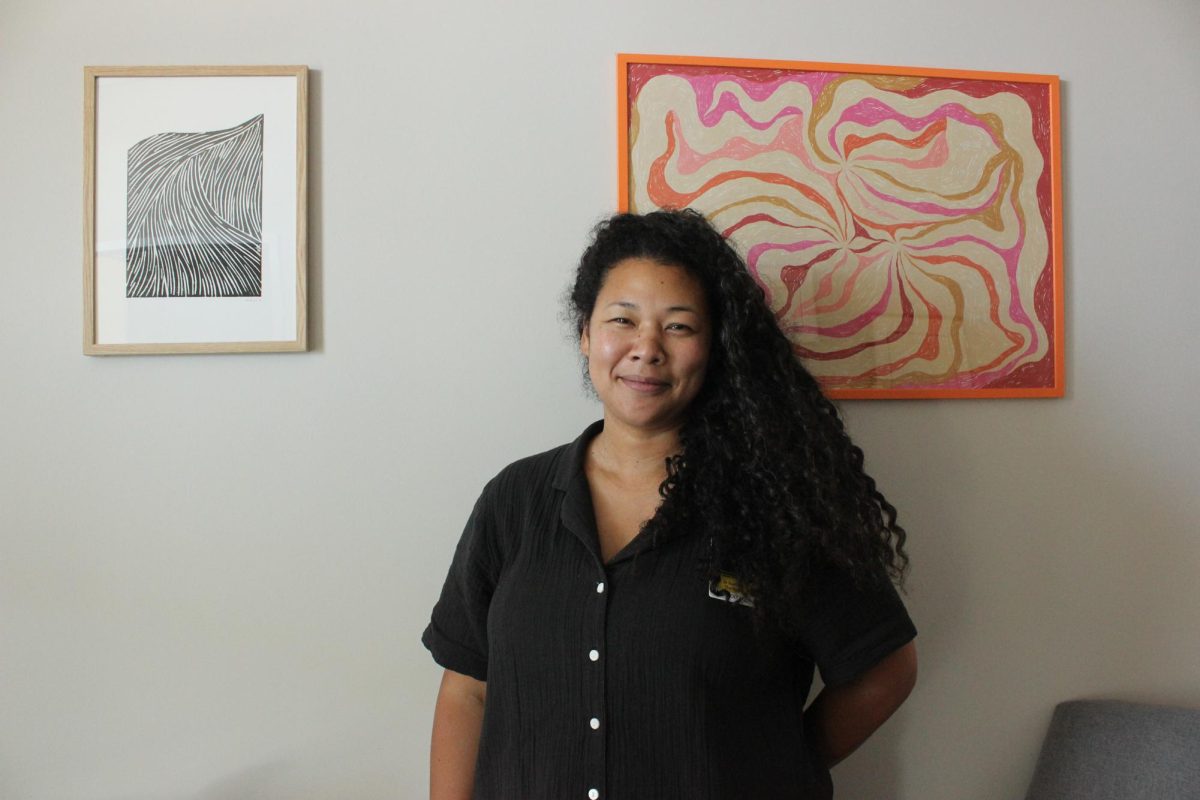
In light of the recent switch to distance learning due to the coronavirus pandemic, the College Board created a new at-home testing solution and free remote learning resources for AP students. In lieu of traditional face-to-face exams, students will take a 45-minute online free-response exam at home, available to be taken on any device they have access to from May 11-22.
After surveying 18,000 students, the College Board found that 91% of students remain eager to take AP exams, even after the implementation of distance learning across the nation. According to a UV survey, some of Marlborough’s AP students believe that the Board has come to the best possible decision given the circumstances; however, the much shorter length of the exams caused some feelings of disappointment among students. Emily ‘20 said that the new time limit has made the prospect of AP exams more stressful for her.
“The fact that there will not be as many sections and we will not have as long to take the test feels like it will be harder to have chances to prove ourselves and get the high score we want,” Emily said.
According to the Senior Vice President of AP Instruction at the College Board Trevor Packer, there will be no multiple choice questions on any AP exams, only one to two free-response questions adapted for secure testing at home. This means that the questions will not measure skills that can be obtained from Google or conversations with peers.
Consequently, Marlborough’s AP instructors are structuring less “in-class” review time for multiple choice questions and are instead focusing on skills that will aid the students in answering free-response questions such as document analysis.
For the first time ever, the College Board has made the AP exams open-note, however students are not permitted to consult with any of their peers during the short testing period. They also said that they would not give points for content that could be found in textbooks or online. On the AP updates section of their website, the Board commented on the obvious concern of test security.
“The exam questions are designed and administered in ways that prevent cheating; we use a range of digital security tools and techniques, including plagiarism detection software, to protect the integrity of the exams,” the College Board wrote.
The exams will only include subjects and skills that most AP courses have already covered by early March. Most Marlborough AP instructors will not be altering their curriculum based on this change, as the material on the exams was meant to be already covered before the transition to distance learning. However, some instructors feel a little discouraged about not being able to complete the entire planned curriculum. Science Instructor Dr. Lee Hamill said she wants to continue the planned curriculum if not obstructed by the College Board’s plans for testing dates.
“In AP Physics, we are already finished with the content that will be covered on the exam,” Hamill said. “I would like to still finish out the content for the year, but depending on when the AP test gets scheduled, we may have to skip some of the final lessons to allow more time to review for the test.”
Dr. Hamill wants students to be taught all of the content that they were supposed to learn in the course instead of just focusing on the tested subject matter.
“Future college courses in physics will operate under the assumption that students have been exposed to the full range of concepts covered in this AP class,” Hamill said.
Additionally, all AP instructors recognize the inconvenience of distance learning, especially when it comes to preparation in the weeks before the exam. History Department Head Jonathon Allen said the physical hindrance of being tied to a laptop and the influence it can have on the overall motivation during class is the biggest challenge of AP instruction.
“Both my own movement and my students’ movement have now been completely changed so that kinesthetic element of learning is, sadly, a casualty of the distance learning imposed on us,” Allen said.
The new ways that students are now having to prepare for their exams created distress for some Marlborough students in AP courses, especially those who have never taken an AP exam before. Some students, such as Isabelle ‘21, are finding it difficult to prepare for the exams, as students have never been required to study a wide range of material, most of which may not be covered on such a short exam.
“I don’t want to study things I don’t need to know, but I am not sure how to prepare other than using AP prep books geared towards the old format of AP tests,” Isabelle said.
In order to give students, both with and without additional resources from their schools, more support and instruction, the College Board created the opportunity to attend free, live AP review courses. These courses began on March 25, and they focus on reviewing the skills and concepts that will be covered on the exams.
The College Board said that colleges are in support of this change to the APs and ensure that AP students will receive credit they have worked to earn. The Board is working to provide necessary resources so that all students, regardless of family income or current living situations, will have the opportunity to take the exams.
During this time of anxiety and uncertainty, Marlborough’s AP instructors feel confident in the success of their students. Mathematics Department Head Melissa Banister said the hardworking spirit will help students while going into these exams.
“We are strong and well-prepared,” Banister said. “Every student taking APs is in the same boat, but I think we will still do well and have an advantage because of who we are.”







